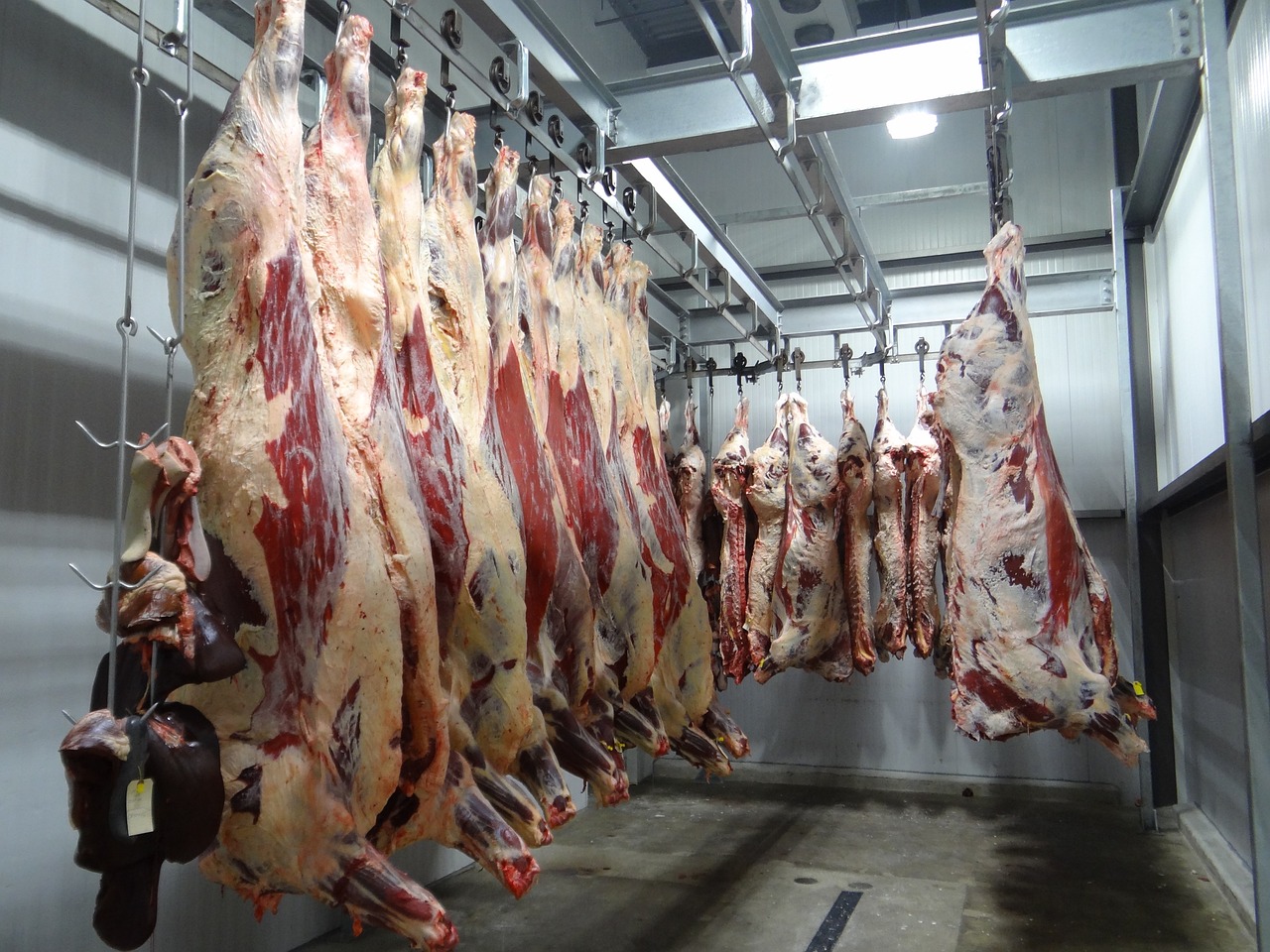Table of Content
Halal food, in adherence to Islamic dietary laws, holds significant importance in the lives of Muslims worldwide. However, the question arises: Is every Muslim obligated to consume halal food?
Halal Food and Its Background
Halal, an Arabic term meaning “permissible” or “lawful,” refers to food that adheres to the guidelines set forth in the Quran and the teachings of Prophet Muhammad PBUH. Muslims are encouraged to consume halal food as an expression of obedience to God and to maintain purity in both body and spirit.
For many Muslims, consuming halal food is an essential part of their identity and religious observance. Halal consumption is not solely about adhering to dietary laws but also about fostering mindfulness, gratitude, and discipline in their daily lives.
يَا أَيُّهَا النَّاسُ كُلُوا مِمَّا فِي الْأَرْضِ حَلَالًا طَيِّبًا وَلَا تَتَّبِعُوا خُطُوَاتِ الشَّيْطَانِ إِنَّهُ لَكُمْ عَدُوٌّ مُبِينٌ
“O mankind, eat from whatever is on earth [that is] lawful and good and do not follow the footsteps of Satan. Indeed, he is to you a clear enemy.” (Quran 2:168)
يَا أَيُّهَا الَّذِينَ آمَنُوا كُلُوا مِنْ طَيِّبَاتِ مَا رَزَقْنَاكُمْ وَاشْكُرُوا لِلَّهِ إِنْ كُنْتُمْ إِيَّاهُ تَعْبُدُونَ
“Believers, eat of the good with which We have provided you and give thanks to Allah, if you really worship Him.” (Quran 2:172)
إِنَّمَا حَرَّمَ عَلَيْكُمُ الْمَيْتَةَ وَالدَّمَ وَلَحْمَ الْخِنْزِيرِ وَمَا أُهِلَّ بِهِ لِغَيْرِ اللَّهِ فَمَنِ اضْطُرَّ غَيْرَ بَاغٍ وَلَا عَادٍ فَلَا إِثْمَ عَلَيْهِ إِنَّ اللَّهَ غَفُورٌ رَحِيمٌ
“He has forbidden you the dead, blood, and the flesh of swine, also that which is invoked to other than Allah. But whoever is constrained (to eat) any of these, not intending to sin or transgress, incurs no guilt. Allah is Forgiving and the Most Merciful.” (Quran 2:173)
يَا أَيُّهَا الرُّسُلُ كُلُوا مِنَ الطَّيِّبَاتِ وَاعْمَلُوا صَالِحًا إِنِّي بِمَا تَعْمَلُونَ عَلِيمٌ
“[Allah said], “O messengers, eat from the good foods and work righteousness. Indeed, I, of what you do, am Knowing.” (Quran 23:51)
Muslims around the world hail from diverse cultural backgrounds and reside in various regions with distinct culinary traditions. As a result, dietary practices can differ significantly. While some Muslim communities strictly adhere to halal principles and only consume halal-certified food, others may have a more lenient approach, as long as they feel it has no non-halal objects in the food. However, regardless of the approach, all Muslims strive to obtain halal food for their daily lives.
Our Responsibility
In cases of necessity or scarcity, Islam allows non-halal consumption to protect life. This rule applies only in true survival situations. The principle of “darurah” (necessity) allows temporary concessions. The meaning of “darurah” differs for each individual. During the 2020–2021 Covid-19 pandemic, many people needed urgent treatment. Only limited medicines and vaccines were available. Some contained pig-derived ingredients. For some individuals, scholars considered their use permissible. Urgency and protection of life justified this decision. Technology continues to advance rapidly. Scientists can develop more halal alternatives in the future. Stakeholders must support research and innovation. This effort can reduce future reliance on non-halal options.
Every Muslim individual should strive to know what halal and its alternatives is before choosing non-halal food. Nowadays, there are numerous food alternatives available to fulfill the needs of a Muslim’s lifestyle. Food producers also have a role in providing a wide range of halal options to the community, especially since the Muslim market in the US is continuously growing each year. Halal certification institutions like the Islamic Food and Nutrition Council of America (IFANCA) also actively contribute to educating and supporting both the public and producers in understanding how to obtain and produce halal products.
In communities with a significant Muslim population, the availability of halal-certified products and halal restaurants plays a vital role. Muslims who wish to consume halal food may seek out certified establishments to ensure they are meeting the dietary requirements aligned with their beliefs.
Conclusion
Halal food holds a central place in Islamic dietary guidelines and is recommended for Muslims as an expression of faith. The principles of necessity, cultural variations, and personal piety all play roles in influencing Muslims’ dietary choices, but we all have a significant responsibility to ensure that all Muslims have equal opportunities in accessing halal food, even though the decision to consume halal food remains deeply personal and reflects the unique circumstances and convictions of each Muslim. Ultimately, whether one chooses to consume halal food exclusively or within certain guidelines, the underlying principles of gratitude, mindfulness, and obedience to God remain central to Islamic teachings.






